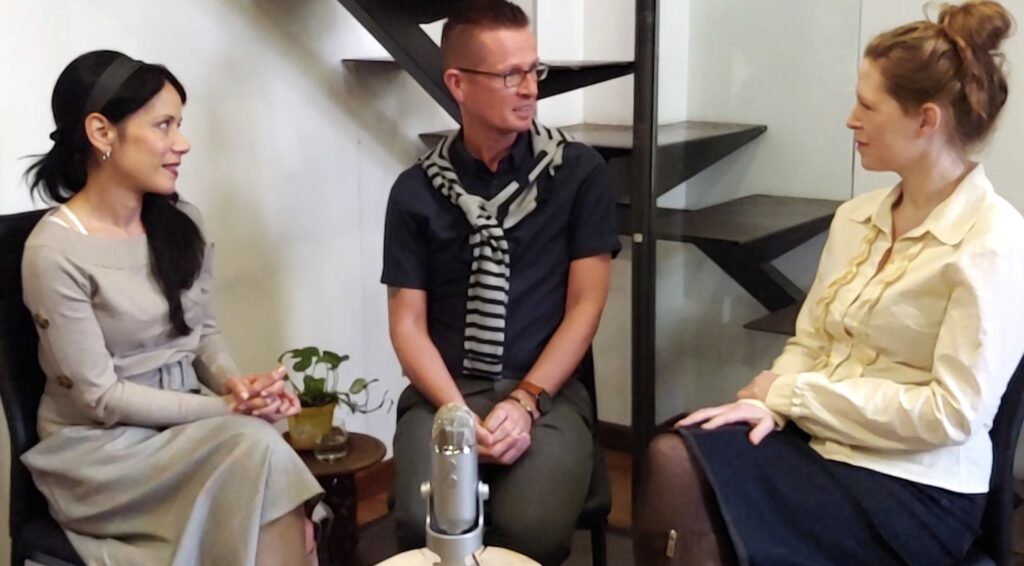
What Do Clinical Guidelines Tell Us About Tinnitus Treatments?
The one thing that people struggling with tinnitus mostly search for is a cure. Or if not a cure, then at least a treatment that will alleviate their tinnitus somewhat. Countless hours are often spent by desperate tinnitus patients Googling, reading articles, and asking their peers in online support groups for treatment advice.
Seeking answers online is often fruitless
If you’ve spent more than a few minutes doing your research, you will know a cure does not (yet) exist. But there are many treatments on offer that claim to reduce tinnitus. From cheap and simple options like over-the-counter dietary supplements to sophisticated and hard-to-access treatments like transcranial magnetic stimulation or hyperbaric oxygen therapy. And then there are of course a plethora of sound therapies, as well as psychological counselling approaches.
Well, do any of these treatments work? Scour any online tinnitus support forum/group and you’ll see that everyday people are asking each other: “Does treatment X work?” Answers will vary depending on who you ask, but the only truthful answer is that no one really knows. Maybe it works. It might work for you but not for someone else. Or it might seem to work because of the placebo effect or because of natural healing occurring while undergoing the treatment.
We have known this to be true for quite some time, yet people suffering from tinnitus continue to ask about treatment effectiveness every day. And it’s not surprising really, because in order to find out what the evidence REALLY tells us, one could spend many days scouring academic journals and still be left dazed and confused.

Why we need Clinical Practice Guidelines
This is why it’s helpful to have some kind of meta-analysis of treatments. A comprehensive study of all the treatments currently on offer, looking at all the available evidence for how effective and how safe they really are. And that is precisely what Clinical Practice Guidelines do.
Earlier this year, a new set of Clinical Practice Guidelines (CPGs) were published for tinnitus care in Europe. They were not the first, but perhaps the most comprehensive CPGs so far. It’s a gargantuan effort that cost half a dozen researchers many years of work. And while it’s definitely a big step forward in terms of providing clarity on treatment options, many tinnitus patients may also find it disappointing because the outcomes could be broadly summarized as “we just don’t have enough evidence.”
Our latest podcast episode explores the new CPGs together with two of its co-authors. In this section of the podcast [skip to 21:31] you can hear them talk about what is considered “high quality” evidence, and the general lack of evidence when it comes to tinnitus treatments.
As it turns out, the vast majority of treatments currently on the market have never been studied thoroughly. Sure, studies were done, and papers were published, but they usually involved very small test groups only. Or it was never tested whether the treatment works better than a mere placebo. In sum, many studies are just… insufficient.
[To be clear, this doesn’t mean that when you’re struggling your doctor should send you away with the ubiquitous message of “just learn to live with it.” The new CPGs make clear that when your quality of life is impacted by tinnitus, doctors should at least thoroughly evaluate you and refer you to various experts. The recommended path for this is outlined in the guidelines, and if your doctor is not aware of this, tell them!]

So, what does the evidence say on tinnitus treatments?
The new European Guidelines show that only a few treatments have been studied sufficiently. These findings tell us for instance that antidepressants are not meant to treat tinnitus, although they can treat tinnitus-related depression [skip to 24:28]. And Tinnitus Retraining Therapy – for many years considered the gold standard by audiologists – is actually not proven to work at all [skip to 26:30]. In fact, the only treatment that has been sufficiently studied AND is given a positive recommendation is Cognitive Behavioural Therapy (CBT) [skip to 33:54]. But we know that this approach does not work for everyone and it obviously doesn’t resolve the tinnitus itself. It can however help to manage one’s reaction to the tinnitus, so we’d say give it a try if the option is available to you.
With regard to new/upcoming treatments like Neuromod’s Lenire device, these are not yet included in the guidelines because they weren’t on the market yet when the guidelines were written [skip to 29:07]. Also, Neuromod has not yet published all its data. We can expect that future iterations of the guidelines will include any new treatment and deliver a verdict about their effectiveness based on available evidence.
What patients should be pushing for
Well, I can just hear some of you out there sighing: “This is all very depressing, when will we get a treatment that works; one that actually resolves the tinnitus?” Patients often want researchers to focus on finding the cure, and rightly so – We at Tinnitus Hub strongly agree that this should be the main focus.
But just as importantly, we need to push researchers and companies to generate and publish high quality evidence about their treatments. We already know that when the cure comes, it will likely not be just one pill or treatment for all. Different things or combinations of treatments might be required to cure everyone. This makes it all the more important that testing is done thoroughly. That means large scale randomized controlled trials (RCTs). And it also means categorizing patients into sub-groups according to various characteristics like whether they have hyperacusis, hearing loss, depression, chronic pain, etc. – so that we can find out WHOM the treatment works FOR.
As always, practical barriers stand in the way. Lack of money, lack of coordination between different research groups, not enough involvement from big pharma. But what we as patients can do is send a coordinated message to the research world. Not just “we want a cure” but also “give us the evidence.” Without high quality evidence we can only rely on hearsay and gut feeling and we might end up spending lots of money on something that doesn’t work. And without evidence, public healthcare schemes won’t even cover treatments, so that even IF the cure is out there, it will remain out of reach for many.
It’s time for a new mindset in the tinnitus patient community. Let’s be more proactive in working together with researchers to make sure our needs (as varied and different as we are) are met!
Listen to all our podcast episodes here! The episode on Clinical Guidelines has been published as a video too, available exclusively to our Patreon supporters. Become a supporter here.



2 Comments
Could hypnosis help? Has it been tried?
Hi,
I’m probably on the lower end of the severity scale nonetheless I frequently find myself overwhelmed by the nuisance it brings and have already experienced a marked increase from the initial impact it brought and fear possible further deterioration.
I am an active 64-year-old male and would be prepared to travel at my own expense in order to participate in new trials or experimental treatments that might emerge.
Please offer me any advice on how I might be able to get involved.
Paul
Write a Comment
The Time Is Now — Tinnitus Sufferers Take the Lead in Research
By Hazel Goedhart, Director of Tinnitus Hub It was the moment I had been working towards for years; presenting at the Tinnitus …
When Will We Finally Get a Voice in Tinnitus Research?
By Hazel Goedhart, Director of Tinnitus Hub Imagine being invited to join a group holiday, only to find out you will be travelling …
Here’s Why the Jury’s Still Out on Lenire
By Hazel Goedhart, Director of Tinnitus Hub You’re suffering from tinnitus and you’ve heard of this new treatment called …